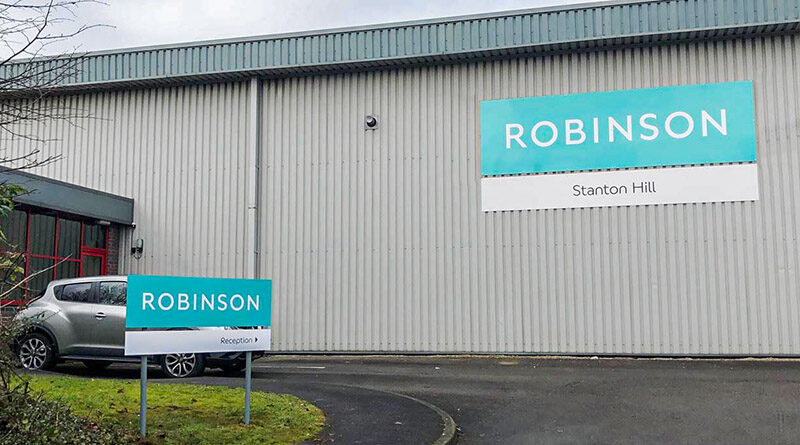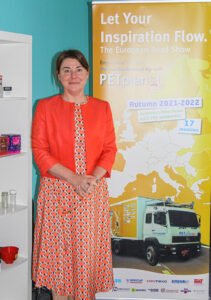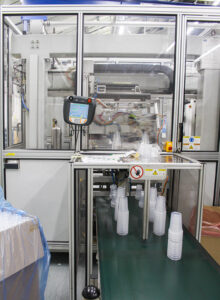Bright sparks
The UK is not known as a hub of production of PET bottle tool manufacturing but if the UK editor as revealed nothing else, it is that it has a cluster of interesting and enterprising bottle producers. We have met a few, and expect to visit more.
And in order to clarify any miss apprehension how much one of the shining exceptions to the rule that tool manufacturers are generally not located in the UK come up we have R&D Leverage, located a little north of Nottingham, who has been a friend of PET Planet Insider for some time. We renewed our acquaintance with Alan Tully and Co at the end of last year.
The resourcefulness and design strength a British industry which is manifested over many sectors is also represented in food and beverage packaging come up with universal closures limited-possibly the world’s leading designer of closure systems.
If the UK has an equivalent to the packaging industry hub of the Po valley and Emilio Reggiano in Italy, it is England’s East Midlands. Geographically, this is an area that stretches from Northamptonshire and Leicestershire north-east, to Nottinghamshire and Derbyshire. The area may be better-known as the home of the UK’s motorsport cluster – AMG Mercedes Powertrain, Mercedes F1, Red Bull Racing, Cosworth Engineering, Ilmor, Alpine F1 and Williams F1 are all to be found there or thereabouts and it has along and distinguished engineering heritage. Our visits to First Circle, Paccor, R&D Leverage, Measom Freer, and, most recently, Robinson PLC all took place within a fairly small geographical area, from Newport Pagnell (First Circle) to Robinson Packaging, which is within a stone’s throw of R&D Leverage and Paccor.
We are hoping to visit a startup with an interesting approach to making recycling easier and a spring water bottler, before the summer is out.
When our editor-at-large, Ruari McCallion, visited Robinson PLC in Ashfield, N Nottinghamshire, he interviewed Dr Helene Roberts, CEO, and discussed (among other things) what the company is doing to increase its use of recycled materials – rPET and rHDPE. The biggest problem, Dr Roberts maintained, is availability of recyclate. It cannot be denied that the UK’s capacity has been pretty woeful; a large plant in the NE of the country, near Newcastle-upon-Tyne, was closed shortly before the Covid pandemic – but that may now be changing. A directory produced by ENF Recycling lists 87 companies engaged in recycling a range of plastics. Monoworld Recycling, in Northamptonshire, has a capacity of 168,000 tons/yr. Taxation of single-use plastics may be concentrating the mind and stimulating entrepreneurial senses; there is certainly demand.
Talking of the Covid pandemic, the UK’s bottle manufacturers generally weathered the storm pretty well. Demand for staple products, like milk, didn’t waver much. Personal care package producers were able to switch production to hand sanitisers almost without pausing for breath – it was the customers who changed, rather than the products. Indeed, demand for pump-action containers shot up so much that producers were running flat out just to keep up. The explosion in demand for online shopping deliveries also helped the companies keep going.
What does the future hold? We are hoping to speak to a company that has developed what it claims is a revolutionary approach to recycling, which avoids the emissions and substance problems associated with chemical recycling.
Watch this space.
Yours
Ruari McCallion
Editor-at-Large



